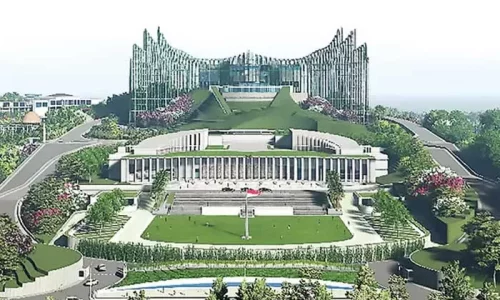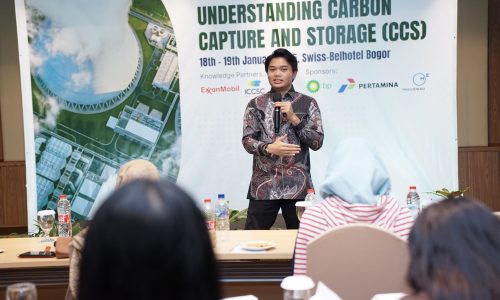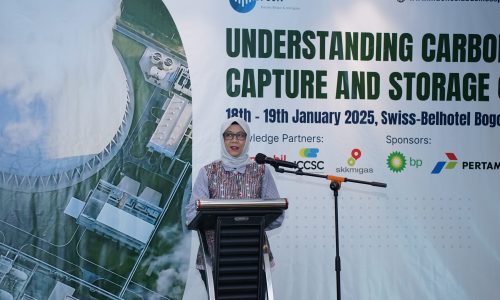President Joko “Jokowi” Widodo has emphasized that regulations will soon be prepared to control social media-based electronic commerce or e-commerce through relevant ministries.
According to Jokowi, e-commerce activities on social media need to be regulated because they can impact the development of micro, small, and medium-sized enterprises (MSMEs) and economic activities in the Indonesian market.
“This is still being prepared, it involves various ministries, and it is currently being finalized at the Ministry of Trade,” said Jokowi on September 23, 2023.
“We know it affects MSMEs, small businesses, micro-businesses, and the market. There’s a market, and in some markets, there’s been a decline due to the onslaught,” Jokowi added.
The Head of State also mentioned that the regulations under development would govern the relationship between social media and trading or economic platforms.
“It should be about social media, not economic media; this is what will be regulated soon,” he emphasized.
Previously, the Ministry of Trade targeted the revision of Minister of Trade Regulation No. 50 of 2020 to be completed this month. The revised regulation will include several rules related to social commerce, such as TikTok Shop.
Isy Karim, the Director-General of Domestic Trade, stated that the draft revision of the policy is currently at the Ministry of State Secretariat. This means that the draft has been approved by Zulkifli Hasan, the Minister of Trade, and has undergone harmonization processes by the Ministry of Law and Human Rights.
“The draft has reached the President; we are waiting. After receiving approval from the President and his initiative, the Minister of Trade will sign it,” Isy explained.
UMKM phenomenon experiencing low customers
Several traders are adapting to low sales by switching to live streaming sales to cover their store’s operational costs.
Yuswohady, a Marketing Expert and Managing Partner at Inventure, stated that offline or brick-and-mortar traders, including those in Tanah Abang, have had to follow trends. One popular promotion method is selling through live streaming.
“If they don’t adopt social commerce, the traders will die. They have to be hybrid, combining offline and online,” Yuswohady said.
Meanwhile, Teten Masduki, the Minister of Cooperatives and SMEs, pointed out that there is no national strategy in place for the digital transformation process, from production to promotion. He explained that digital transformation in Indonesia has only flourished in the trading sector, specifically e-commerce, and not in the production sector.
Indonesian MSMEs lack a robust and technology-based supply chain. President Jokowi has long been urging ministries and the private sector to adopt technologies such as Artificial Intelligence (AI) and the Internet of Things (IoT) to boost production.
“No one has realized how digital technology can be applied to the national production system, manufacturing industry, agriculture, agro-maritime, healthcare, and others,” Teten stated.
As a result, domestic production loses out to cheaper imported products because they are more efficient and of higher quality.
“As a consequence, digital transformation in Indonesia has not created a new economy; it has only killed the old economy. The economic pie hasn’t grown, but the number of factors dividing it has increased,” Teten added.








